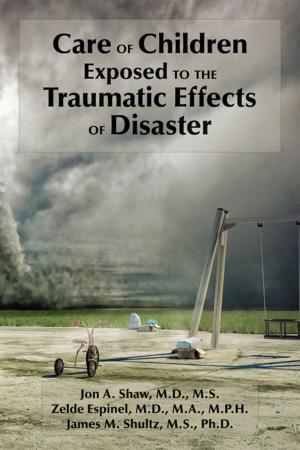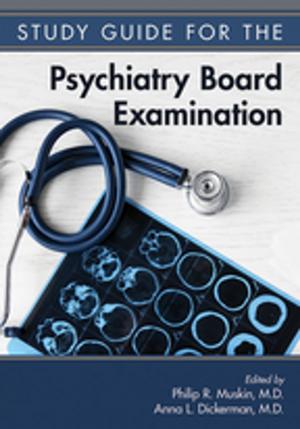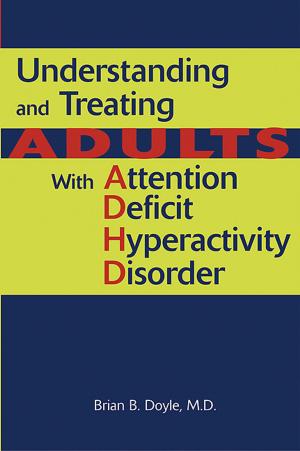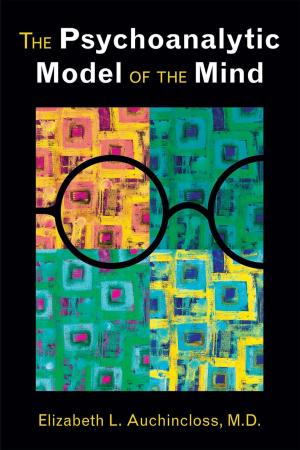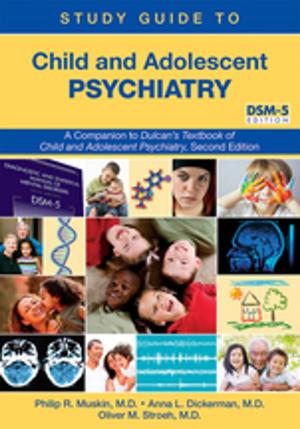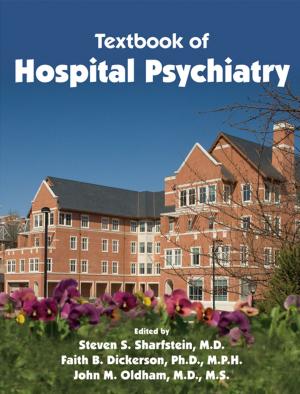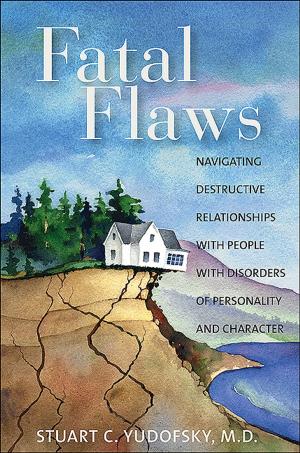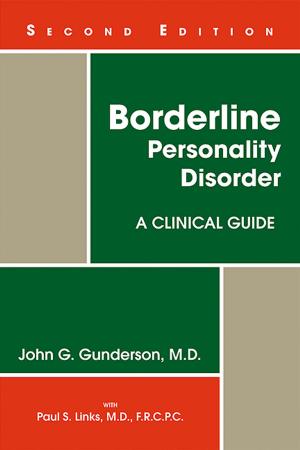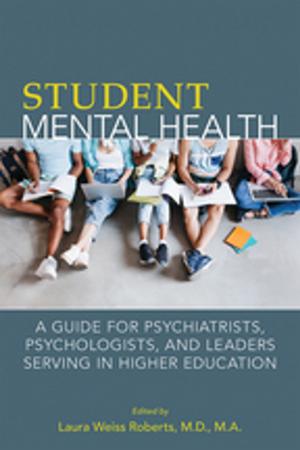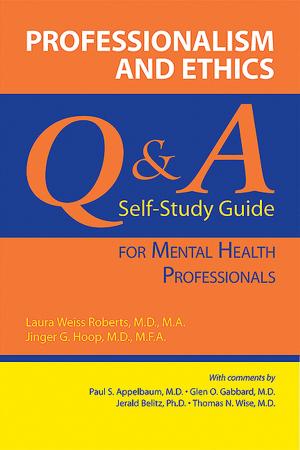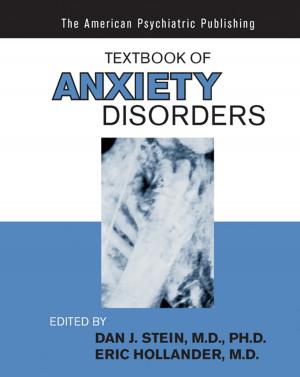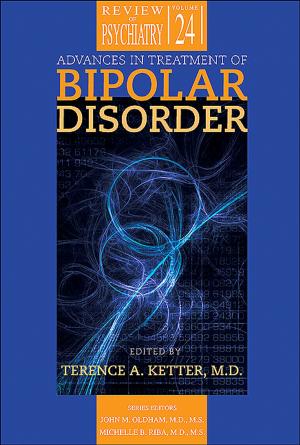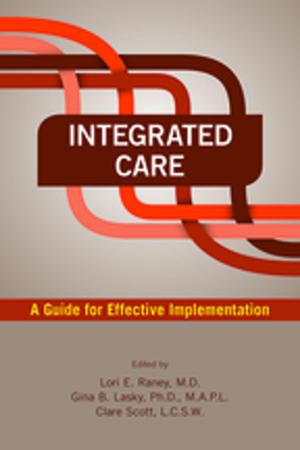Competency in Combining Pharmacotherapy and Psychotherapy
Integrated and Split Treatment
Nonfiction, Health & Well Being, Psychology, Psychiatry, Medical, Specialties| Author: | Michelle B. Riba, MD MS, Richard Balon, MD, Laura Weiss Roberts, MD MA, Glen O. Gabbard, MD | ISBN: | 9781615371808 |
| Publisher: | American Psychiatric Publishing | Publication: | November 16, 2017 |
| Imprint: | American Psychiatric Association Publishing | Language: | English |
| Author: | Michelle B. Riba, MD MS, Richard Balon, MD, Laura Weiss Roberts, MD MA, Glen O. Gabbard, MD |
| ISBN: | 9781615371808 |
| Publisher: | American Psychiatric Publishing |
| Publication: | November 16, 2017 |
| Imprint: | American Psychiatric Association Publishing |
| Language: | English |
Most clinicians endorse the combination of pharmacotherapy and psychotherapy as more effective and beneficial than each modality alone, but combining these treatments can be a complicated and highly variable process.
Competency in Combining Pharmacotherapy and Psychotherapy: Integrated and Split Treatment is designed to help psychiatrists at any stage of their career achieve competency in combining and coordinating pharmacotherapeutic and psychotherapeutic treatments for the benefit of their patients.
This guide, now in its updated, second edition, addresses both integrated (single clinician) and split/collaborative (multiple clinicians) treatments, discussing for each: The selection of medication and psychotherapy The patient evaluation and opening Sequencing Evaluating, monitoring, and supervising treatment Terminating and transitioning patient care
The book also offers a chapter -- new to this second edition -- that focuses on primary care access for mental health services in the context of integrated and split/collaborative care.
The rapid transformation of clinical care models in new health systems means that competence in integrated and split/collaborative care is absolutely vital for long-established clinicians as well as for psychiatric professionals in the early stages of their careers.
Competency in Combining Pharmacotherapy and Psychotherapy offers an unrivaled introduction to the complex process of combining medication and psychosocial treatments, clearly defining the competencies of combining two modalities. Psychiatric educators should note that this resource relates to all six main competencies of the Accreditation Council for Graduate Medical Education: patient care and procedural skills, medical knowledge, practice-based learning and improvement, interpersonal and communication skills, professionalism, and systems-based practice.
Most clinicians endorse the combination of pharmacotherapy and psychotherapy as more effective and beneficial than each modality alone, but combining these treatments can be a complicated and highly variable process.
Competency in Combining Pharmacotherapy and Psychotherapy: Integrated and Split Treatment is designed to help psychiatrists at any stage of their career achieve competency in combining and coordinating pharmacotherapeutic and psychotherapeutic treatments for the benefit of their patients.
This guide, now in its updated, second edition, addresses both integrated (single clinician) and split/collaborative (multiple clinicians) treatments, discussing for each: The selection of medication and psychotherapy The patient evaluation and opening Sequencing Evaluating, monitoring, and supervising treatment Terminating and transitioning patient care
The book also offers a chapter -- new to this second edition -- that focuses on primary care access for mental health services in the context of integrated and split/collaborative care.
The rapid transformation of clinical care models in new health systems means that competence in integrated and split/collaborative care is absolutely vital for long-established clinicians as well as for psychiatric professionals in the early stages of their careers.
Competency in Combining Pharmacotherapy and Psychotherapy offers an unrivaled introduction to the complex process of combining medication and psychosocial treatments, clearly defining the competencies of combining two modalities. Psychiatric educators should note that this resource relates to all six main competencies of the Accreditation Council for Graduate Medical Education: patient care and procedural skills, medical knowledge, practice-based learning and improvement, interpersonal and communication skills, professionalism, and systems-based practice.


